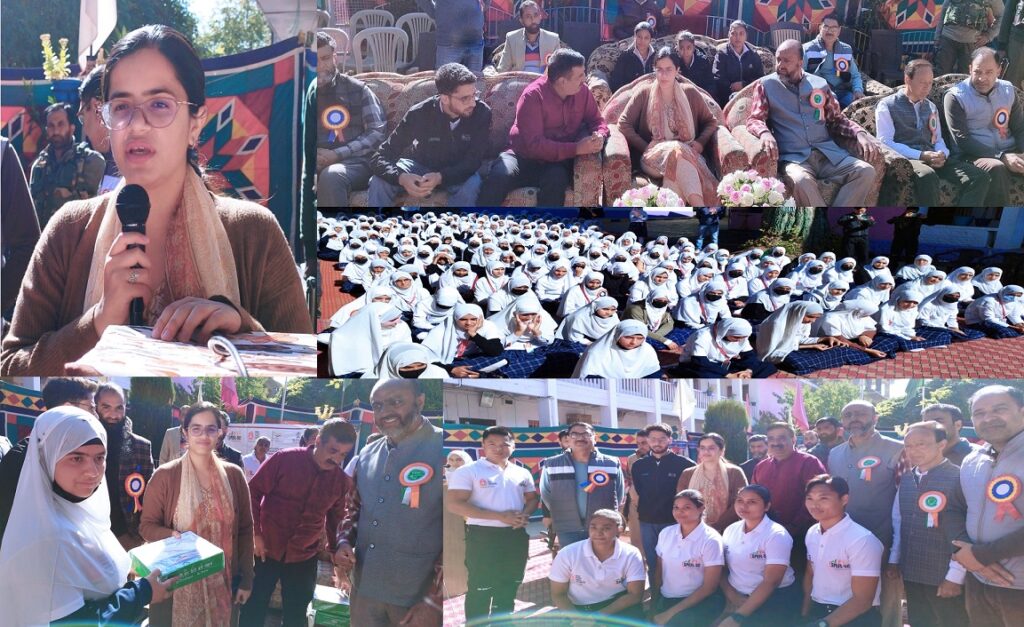Day 1: Laying the Foundation – Awareness and Preparedness
The first day of the training program focuses on building a strong foundation in self-defense. Participants begin by understanding the significance of situational awareness. This includes recognizing potential risks, evaluating surroundings, and making informed decisions. By cultivating this proactive mindset, participants develop the ability to avoid unsafe situations altogether.
Identifying and Assessing Threats
Trainers lead participants through discussions and practical exercises to grasp various types of threats and evaluate their level of severity. By learning to differentiate between different levels of potential danger, participants gain a critical understanding of preemptive action. This knowledge serves as a cornerstone for the physical techniques they will acquire in the following days.


Day 2: Physical Proficiency and Confidence Building
Day two dives deep into the physical aspect of self-defense. Under the expert guidance of instructors, participants learn a range of techniques including strikes, blocks, and holds. These techniques are tailored to individual strengths and abilities. Through structured practice sessions, participants develop coordination and confidence, enabling them to employ these techniques effectively.
Building Confidence and Assertiveness
In addition to physical techniques, day two emphasizes building confidence. Participants are encouraged to adopt a strong and assertive demeanor. This newfound self-assuredness is a crucial component of self-defense. Cultivating a sense of inner strength makes participants less likely to be targeted and more capable of asserting themselves in any situation.

Day 3: Application and Integration
The final day of training is dedicated to bridging the gap between theory and practice through realistic simulations. Participants engage in a series of role-playing scenarios that mimic real-life threats. This immersive experience challenges participants to employ their self-defense techniques while dealing with heightened emotions and adrenaline. The controlled environment allows them to build a sense of empowerment and resilience.
Integration into Daily Life
After learning new skills, participants are shown how to use them in their everyday life. They learn to pick safer paths when alone, stay watchful in busy places, and teach their families and communities about staying safe. By taking part in their own safety, participants help make the world a safer place for everyone.
Conclusion: A Future Empowered
The self-defense training by SPEFL-SC at Government ITI Chauri Chauri, Gorakhpur, is more than just a series of physical techniques. It’s a transformative experience that empowers young women with a proactive mindset, physical proficiency, and unwavering confidence. The impact of this training extends beyond the immediate workshop. Participants become advocates for safety within their communities, creating a ripple effect of positive change. As they step forward with newfound empowerment, they not only ensure their personal security but also contribute to a safer and more confident society.






















































